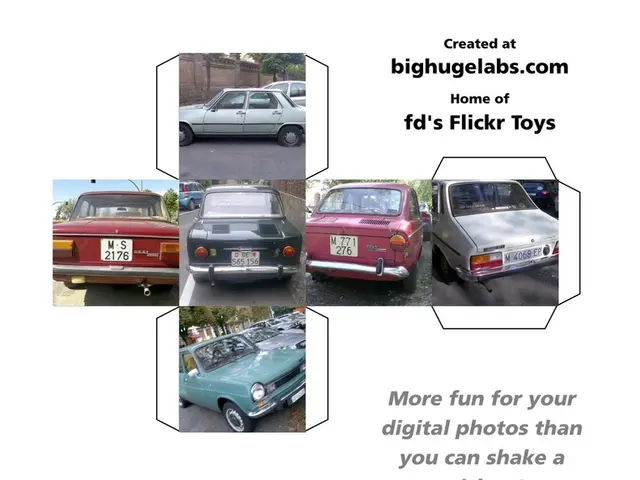BVG seeks tighter collaboration with Hamburg and Munich
In a groundbreaking move, Berlin's public transport company BVG, Hamburg's Hochbahn, and Munich's MVG have joined forces to collaborate on autonomous driving and digital services. This alliance marks a significant shift in the industry, as it's the first time leading players from different regions are coming together to shape the future of public transport in Germany.
The agreement, known as a "Memorandum of Understanding" (MoU), has been signed and will take immediate effect. The immediate implementation of the MoU signifies the urgency and commitment of the involved parties to advance the development of public transportation in Germany.
Extensive pilot projects for autonomous driving are already underway in all three cities, but they are mostly running independently. The goal of this collaboration is to standardize these projects across the metropolises, with the aim of having up to 2,000 autonomous public transport vehicles operating in Berlin, Hamburg, and Munich by 2035.
The cooperation will also focus on the development of standardized sales channels for digital tickets. The BVG and Hamburg's Hochbahn are already working on a joint passenger app called Max. The launch of the app is scheduled for the second half of 2026 and will be open to other transport providers. Discussions are ongoing regarding the integration of MVG into this app's process.
The joint passenger app, currently named Max, will include features for route information, ticket purchases, and additional services like car rentals and e-scooters. The ideal outcome would be for passengers to be able to purchase tickets uniformly through a common system in all three cities.
This collaboration aims to make public transport more customer-oriented. By working together, the transport providers hope to provide a seamless, integrated, and efficient transportation experience for passengers. The alliance of these three major transport providers marks a step towards more collaborative efforts in autonomous driving and digital services.
Last year, Berlin's Senate Administration signed a similar agreement with Hamburg. Berlin's public transport providers BVG expect to receive their first approval for autonomous public transport vehicles in the city of Berlin in the year 2027. This is part of a broader cooperation with Hamburg and Munich aiming to introduce autonomous vehicles in their urban public transport systems.
The collaboration between BVG, Hochbahn, and MVG is a significant step towards shaping the future of public transportation in Germany. The alliance underscores the commitment of these transport providers to innovation and the development of sustainable, efficient, and customer-friendly public transport solutions.
Read also:
- Musk announces intention to sue Apple for overlooking X and Grok in the top app listings
- Cybertruck's Disappointing Setback, Musk's New Policy, Mega-Pack Triumphs, Model Y's Anticipated Upgrade Prior to Refresh (Week of January 25 for Tesla)
- Innovative Company ILiAD Technologies Introduces ILiAD+: Boosting Direct Lithium Extraction Technology's Efficiency Substantially
- Nuclear Ambitions at a U.S. Airport Spark Controversy, With Opposition Swelling








